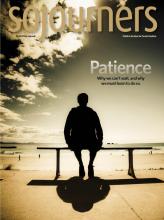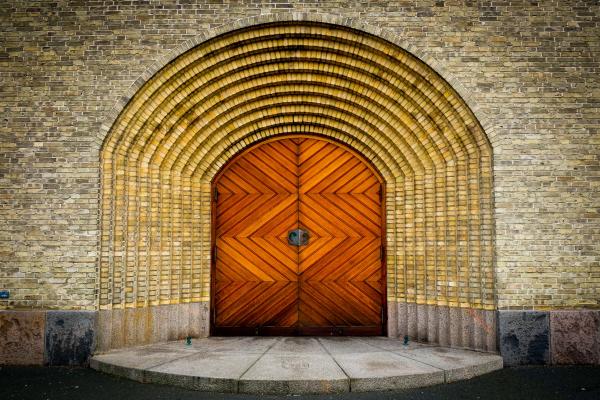FOR CHRISTIANS who live near the U.S.-Mexico border, Jesus’ command to “love our neighbors as ourselves” takes on a particular urgency when we see our neighbors fleeing violence from their home countries and then being deported back at an alarming rate.
At Southside Presbyterian Church in Tucson, where I am pastor, we have a history of loving our neighbors by offering them protective sanctuary to shield them from deportation.
Sanctuary is an ancient biblical tradition. In Exodus, Numbers, Deuteronomy, Joshua, and 1 Kings, scriptures describe the right of asylum in cities of refuge set aside for those accused of manslaughter until the truth of the matter could be resolved. There is also the tradition of those who seek the safety of the temple by clinging to the “horns of the altar” (1 Kings 1:50).
In the U.S., churches involved in the abolitionist movement and the Underground Railroad provided sanctuary to escaping slaves. In the Vietnam War era, churches protected conscientious objectors. During the brutal wars in Central America in the 1980s, hundreds of U.S. churches declared a national sanctuary movement, protecting tens of thousands of refugees from being deported to almost certain death. Southside Presbyterian was one of the founding churches of the 1980s sanctuary movement.
In May 2014, after another wave of deportations, our congregation made a public declaration to once again become a sanctuary church. We welcomed Daniel Ruiz, a local undocumented father, into protection. After 28 days living in the church, he received a stay of deportation.
Read the Full Article

